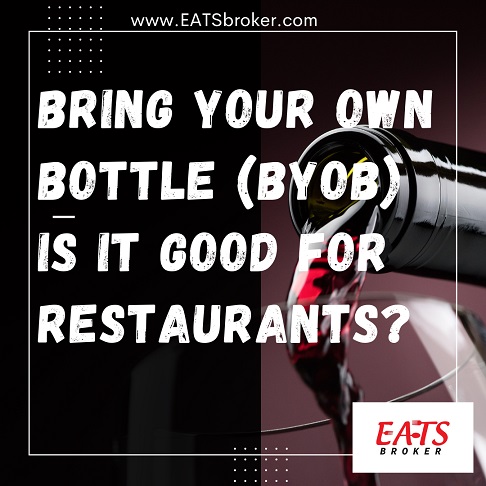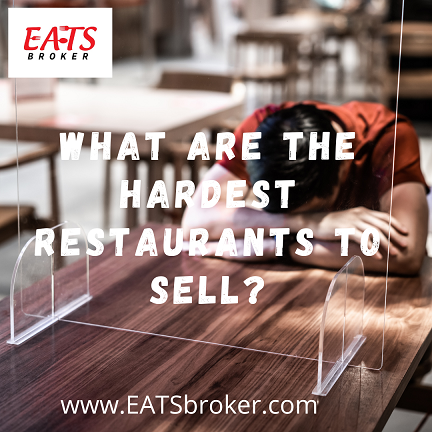
Bring your own bottle (BYOB). Is it good for restaurants?
Bring your own bottle (BYOB) policy can be good for restaurants, but it also has some significant downsides. If a restaurant has a BYOB policy,

Bring your own bottle (BYOB) policy can be good for restaurants, but it also has some significant downsides. If a restaurant has a BYOB policy,

The Hardest Restaurants to Sell have several issues that make it difficult to sell a restaurant. The grim reality is that only 30%-40% of restaurants

© Copyright 2025 EATS Broker | Consumer Protection Notice | Information About Brokerage Services